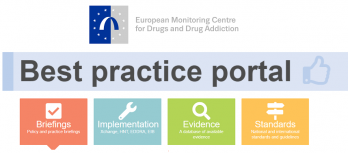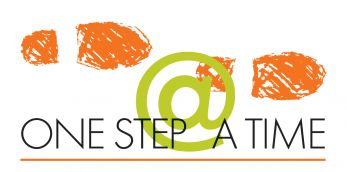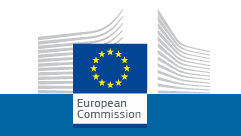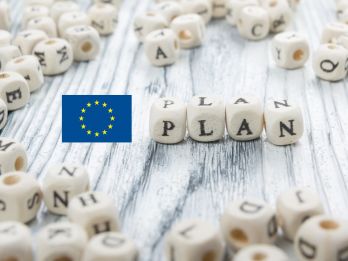The European Union and Spain present COPOLAD in the framework of UNGASS 2016
ReturnPublished on 18/04/16
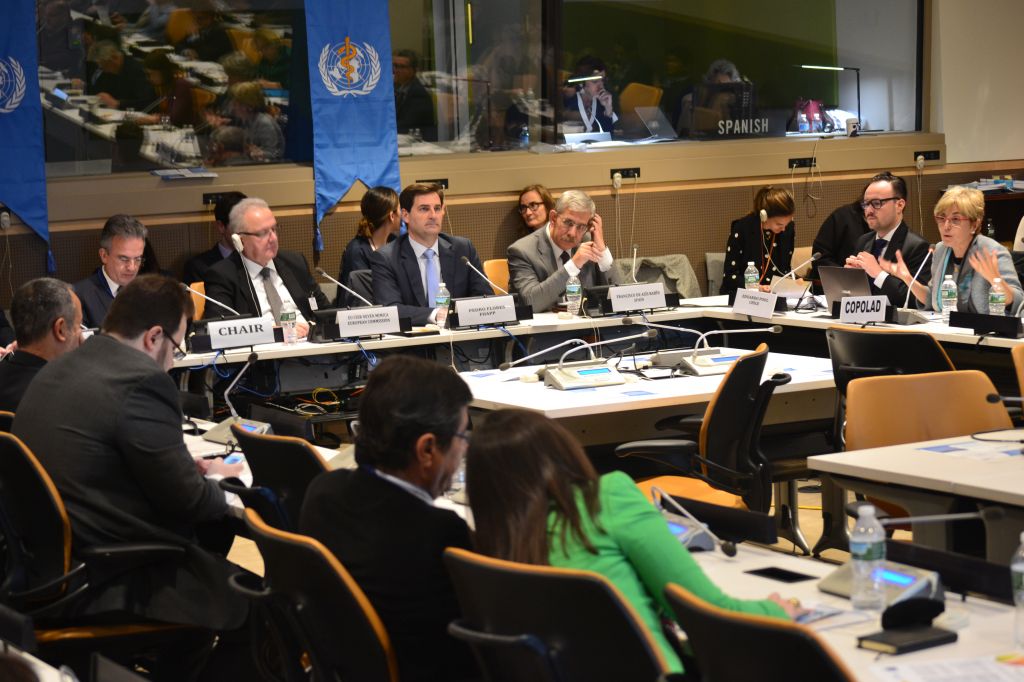
United Nations, New York, April 16th 2016. The European Commission and the Spanish Government, at the UN General Assembly Special Session, UNGASS 2016, presented the new drug policy challenges within the framework of the COPOLAD II programme.
At the presentation event, the European Commissioner for International and Development Cooperation, Neven Mimica, highlighted the importance of COPOLAD for strengthening the dialogue between the countries of CELAC (Community of Latin American and Caribbean States) and the European Union within the framework of the European Cooperation Strategy. He also expressed his gratitude to all of the representatives of the countries and agencies present for the enthusiastic commitment shown by participating in COPOLAD, a European programme managed by the International and Ibero-American Foundation for Administration and Public Policies (FIIAPP).
The COPOLAD leaders and participants discussed the main challenges to be considered in the implementation of public policies on drugs, as well as the contribution of COPOLAD to support for strategies and programmes that are balanced in their approach, respectful of human rights, evidence-based, sensitive to gender aspects, and, therefore, comprehensive and effective.
Pedro Flores, Director of the International and Ibero-American Foundation for Administration and Public Policies (FIIAPP), presented the working areas, objectives, and anticipated results for the second phase of this cooperation programme between Latin America, the Caribbean, and the European Union on drug policy (COPOLAD II), as well as its coordination with other projects funded by the EU in this sector.
The perspective of the countries regarding their participation in the programme were addressed by Francisco de Asís Babín, Government Delegate for the National Plan on Drugs (DGPNSD) of Spain’s Ministry of Health, Social Services, and Equality; Ambassador Courtenay Rattray, Permanent Representative of Jamaica to the UN; and Mariano Montenegro, Director of the National Service for Prevention and Rehabilitation of Drug and Alcohol Consumption (SENDA) of Chile’s Ministry of Interior and Public Security.
Special Session of the United Nations General Assembly (UNGASS) on drugs.
UNGASS 2016 is an important milestone in achieving the goals set in the policy document of 2009 “Political Declaration and Plan of Action on International Cooperation towards an Integrated and Balanced Strategy to Counter the World Drug Problem”, which defined action to be taken by the UN Member States as well as goals to be achieved by 2019.
Gallery
The European Commission is preparing a third phase of this programme, therefore COPOLAD will be back at the beginning of 2021.


